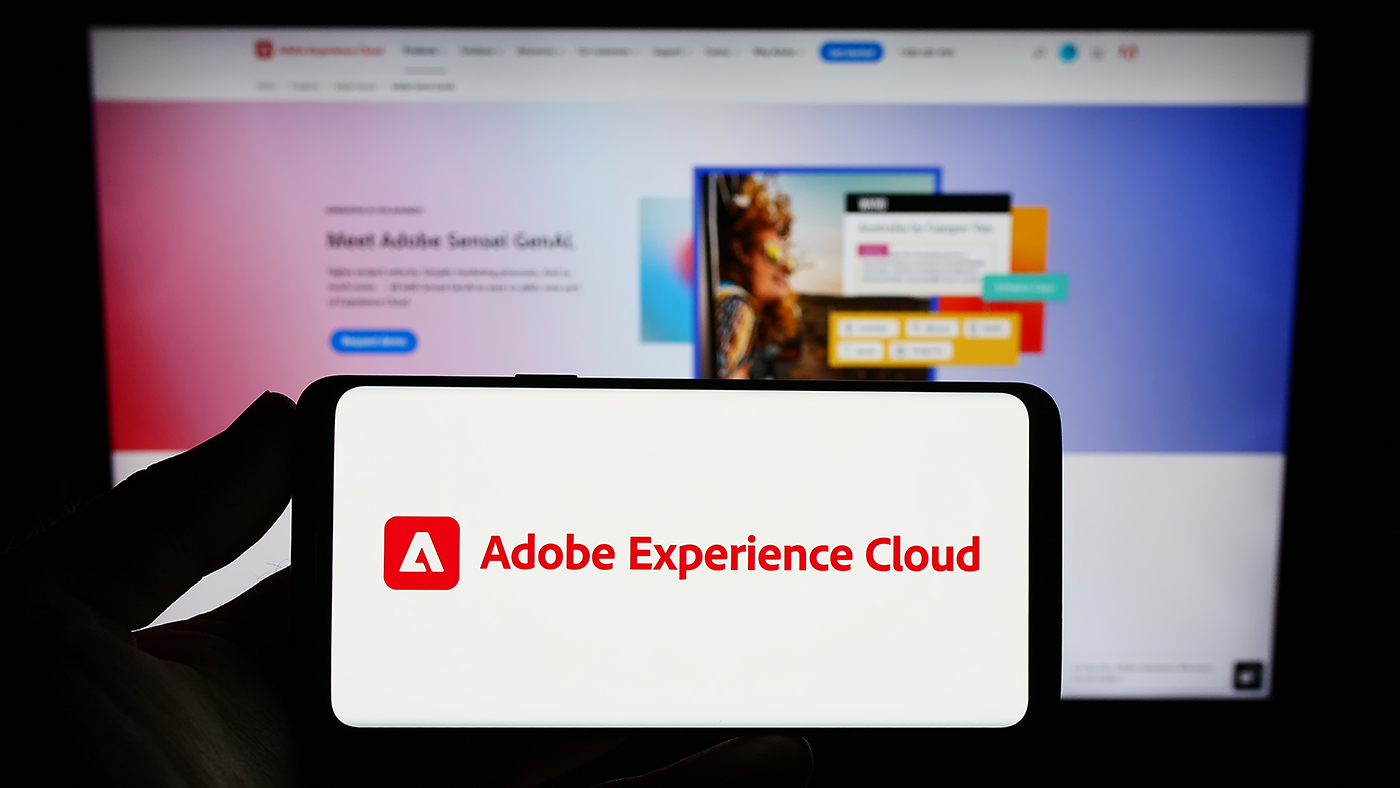
Decreasing Page Load Times Improves Customer Retention

THE BRIEF
A large financial institution was facing frustration from customers due to slow page load times in its application. While they considered several solutions, all seemed to link back to a complete rewrite of the middleware infrastructure, which was a costly move that didn’t seem to carry the ROI required to justify its execution.
THE CHALLENGE
After investigation, it was seen that due to the code base structure and numerous new features implemented, many pages now made identical API calls or made heavy calls to fetch small bits of required information.
This client had no plans or capacity to refactor its middleware code, but was planning to rewrite its front-end in application.
THE SOLUTION
Apexon helped implement a GraphQL middleware layer. By leveraging a middleware layer, the client was able to retain its existing RESTful endpoints – saving them the overwhelming cost of refactoring. They could now migrate to modern web technologies on the front end, driving application performance and as an added bonus, keeping developers engaged with interesting technologies.
Additionally, smart page management practices were implemented and a performant global state management framework through Apollo was used to eliminate duplicate data calls.
THE RESULTS
With this middleware in place, the application now makes a single call to the GraphQL server, requesting all required data. The GraphQL server then makes low-latency requests to local back-end services. The RESTful responses are concatenated and structured per the GraphQL schema definition.
After releasing the new version of the application, customer retention rates during onboarding improved, attributed to improved page speed as the main defining factor.
PARTNERSHIP PLATFORMS/SOFTWARE





